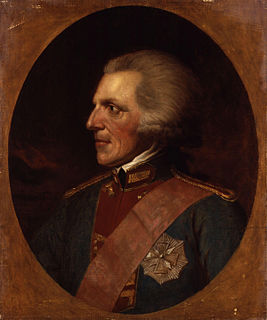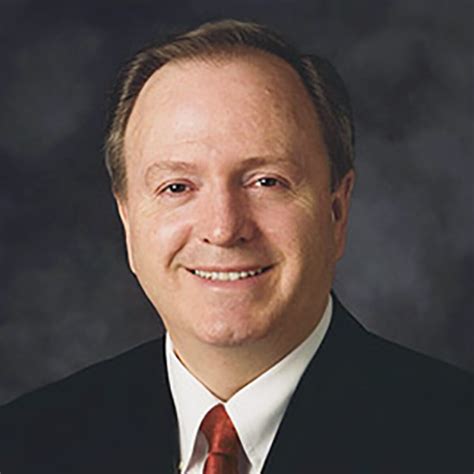A Quote by Benjamin Franklin
I believe long habits of virtue have a sensible effect on the countenance.
Related Quotes
The soul is no traveller; the wise man stays at home, and when his necessities, his duties, on any occasion call him from his house, or into foreign lands, he is at home still, and shall make men sensible by the expression of his countenance, that he goes the missionary of wisdom and virtue, and visits cities and men like a sovereign, and not like an interloper or a valet.
I also want to raise the possibility that there are, in the very long term, "virtue effects" in economics- for instance that widespread corrupt accounting will eventually create bad long term consequences as a sort of obverse effect from the virtue-based boost double-entry book-keeping gave to the heyday of Venice. I suggest that when the financial scene starts reminding you of Sodomand Gomorrah, you should fear practical consequences even if you like to participate in what is going on.
In the performance of an illocutionary act in the literal utterance of a sentence, the speaker intends to produce a certain effect by means of getting the hearer to recognize his intention to produce that effect; and furthermore, if he is using the words literally, he intends this recognition to be achieved in virtue of the fact that the rules for using the expressions he utters associate the expression with the production of that effect.
Sticks and stones may break my bones, but words can never hurt me." The adage is true as long as you don't really believe the words. But if your whole upbringing, and everything you have ever been told by parents, teachers and priests, has led you to believe, really believe, utterly and completely, that sinners burn in hell (or some other obnoxious article of doctrine such as that a woman is the property of her husband), it is entirely plausible that words could have a more long-lasting and damaging effect than deeds.
There is no substitute for virtue. Keep your thoughts virtuous. Rise above the filth that's all around you in this world and stand tall in strength and virtue. You can do this and you will be happier for it for as long as you live. God bless you in cherishing, developing and holding on to this great gift, the quality of personal virtue.
Economists get very uncomfortable when you talk about virtue and vice. It doesn't lend itself to a lot of columns with numbers. But I would argue that there are big virtue effects in economics. I would say that the spreading of double-entry bookkeeping by the Monk, Fra Luce de Pacioli, was a big virtue effect in economics. It made business more controllable, and it made it more honest.

































